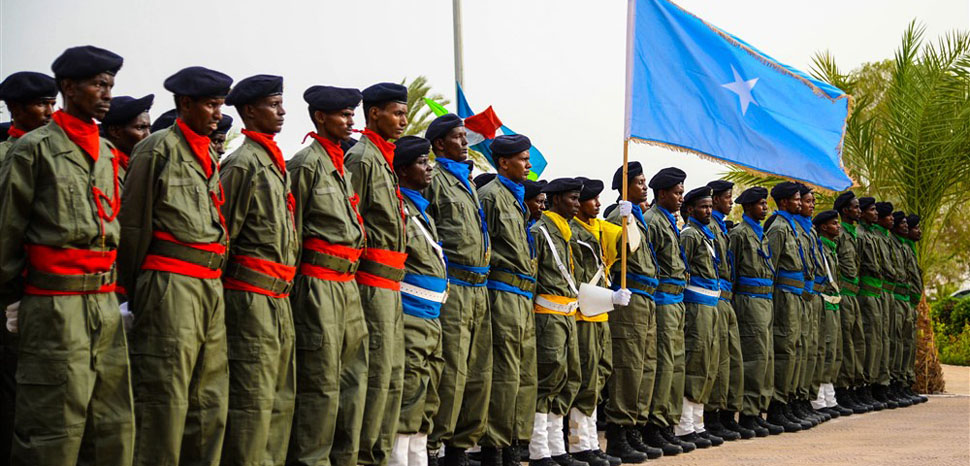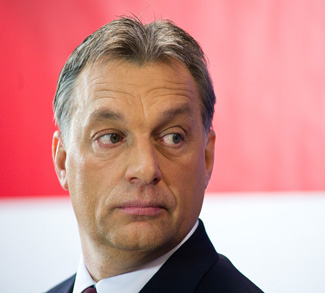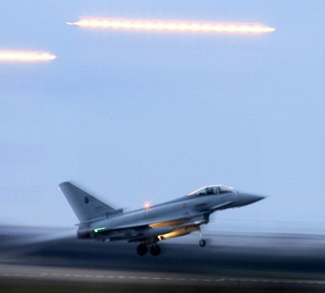The brief two-day visit of Italian Premier Giuseppe Conte in Ethiopia and Eritrea, completed from October 11-12, 2018, is only the latest example of a new course for Italian foreign policy in the Horn of Africa. It comes after the explosive political scandal of ‘Tangentopoli’ in 1992 and the parallel civil war in Somalia, which combined to steer Rome away from its former colonies and maintain a low profile up until now.
New policy, old problems
The coalition government composed by Lega and Movimento 5 Stelle (M5S) are pressing firmly in that direction because they need to reduce migratory flows towards Italy’s coasts. However, previous executives had already begun to chart this new course. Starting with former PM Matteo Renzi, and his Minister of Foreign Affairs Paolo Gentiloni, who launched the new “Operating Lines of Italian Development Cooperation in East Africa” in June 2014. The document outlined the main areas of intervention to be implemented, under way, and to be started. The following summer, the then head of government visited Ethiopia for the third UN Development Finance Conference, and after which he visited Kenya.
The roots of Rome’s political openness to the Horn are contained in the mission of Deputy Foreign Minister Lapo Pistelli. He went to Somalia, Djibouti, Eritrea, Sudan and Ethiopia in July 2014. That diplomatic effort, started already under the Enrico Letta government, was particularly important because it included Asmara, where the last official Italian mission dated all the way back to 1997, accomplished by then President of the Republic Oscar Luigi Scalfaro. At the time, the country was still called the “African North Korea,” before the Ethiopian Prime Minister Abiy Ahmed Ali – closely followed by Somali President Mohamed Abdullahi Mohamed Farmajo – welcomed the regime of Isaias Afewerki into the international community.
The recent peace signed between Addis Ababa and Asmara in Jeddah (Saudi Arabia) on September 17, which put an end to war and border conflict between the two neighbors, offered an ideal political pretext for the Italian government. Being the first head of a European government to visit the two former enemies, Conte has thus highlighted Italy’s interest in playing an important role in the region, confirmed by the subsequent meeting in Rome with his Somali counterpart Farmajo. At the center of discussions with local political leaders, including the Vice-President of the African Union Commission, Kwesi Quartey, was the fight against immigration and economic development.
Ethiopian development is Ethiopian power
The first topic is certainly one the government wants to focus on, since about 25% of the people trying to reach Libya come from this area. The second one (economic development) on the other hand is the ace in the hole for Addis Ababa, whose growth rate from 2009-2016 was 10% according to the African Development Bank, making it a real economic locomotive of the region. Rome, together with the European Union, contributes conspicuously to the Intergovernmental Authority on Development (IGAD) and it co-chairs the IGAD Partner Forum, the initiative of international donors of the institution. Furthermore, there is also the trust fund for Africa (EUTF for Africa), worth €1.8 billion, that was born of the La Valletta (Malta) summit in November 2015.
Underlined by a report by the Osservatorio di Politica Internazionale (International Policy Observatory), however, both Italians and other European partners/competitors are “definitely behind China, Turkey, and Gulf monarchies.” Above all, the gap with Beijing is very difficult to fill, given its capacity in various sectors, including the military field with the opening of the first overseas base in Djibouti. The base provides a capacity to intervene in the field of anti-piracy and, if necessary, anti-terrorism; the same reasons why – in the same former French colony – one hundred Italian soldiers are deployed, engaged in various international naval missions between the straits of Bab al-Mandeb, Hormuz and the Indian Ocean. These include Ocean Shield (NATO), EUCAP “Nestor,” EUNAVFOR “Atalanta” and EUTM-Somalia (all three of them EU).
As Deputy Foreign Minister Emanuela del Re wrote in a letter to the Corriere della Sera newspaper: “in the 2017-2018 biennium, Italy has donated over €81 million for development and humanitarian projects in Ethiopia, Somalia, and Eritrea, and has granted aid credits to Ethiopia of €47 million.” Funds will increase in the future if the region is finally able to stabilize, the government representative continued in his speech. This is certainly a goal that is not only on the Italian agenda, but also on the Chinese one, which has already created the Djibouti International Free Trade Zone (DIFTZ), a $3.5 billion project that covers an area of 4,800 hectares.
Rome and Beijing: a new international alliance?
In this new edition of the “Great Game” served up in African sauce, China and Italy would seem to be playing on the same side. The great work done by Beijing, indeed, is strategic for the Belt and Road Initiative (BRI), the same project that in the future will arrive at the Trieste port. As already written, however, Gulf countries also play a central role, especially in view of the Qatar crisis: Abu Dhabi was present with its own troops on the border between Djibouti and Eritrea from 2010, following the aggression from Asmara. Both, however, maintain good relations with Riyadh and Dubai and sided with them in the Qatar crisis, so last year Qatar decided to withdraw its own peacekeepers.
The future of a possible Italian return into the Horn depends by multiple factors. The need to stem migration flows is, of course, the most incisive push in the policy of the current M5S-Lega alliance, but alongside this there is also the search for new markets in an area that’s constantly developing. Political and social instability, however, represent variables that can completely change the scenario, even more so considering that the Yemeni war seems to be raging indefinitely. The Iranian presence and the US, Saudi, and Israeli stakes mean that we cannot just talk about the region in a business sense: at stake there is the political control of the main maritime corridor to and from the West.
The opinions, beliefs, and viewpoints expressed by the authors are theirs alone and don’t reflect the official position of Geopoliticalmonitor.com or any other institution that the author is attached to.




